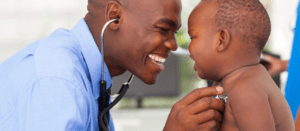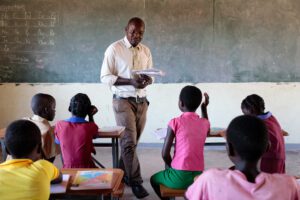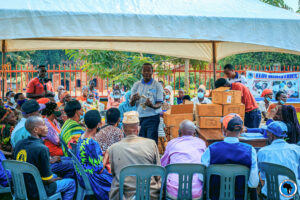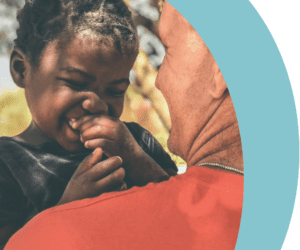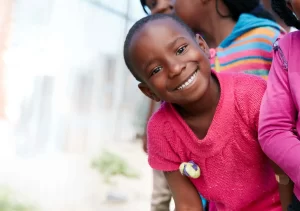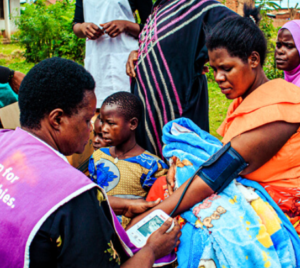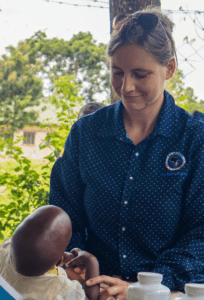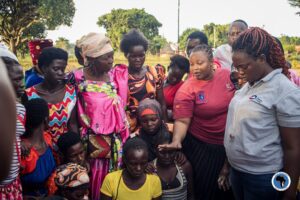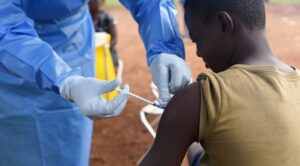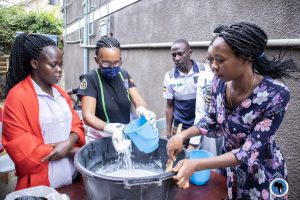
Climate change study predicts where mosquitoes will breed in future
ANALYSIS | MARK SMITH & CHRIS THOMAS | The relationship between climate and malaria transmission is complex and has been the subject of intense study for some three decades.
Mosquito vector populations sufficient to maintain malaria transmission occur within a particular range of temperatures and humidity that are suitable for their survival and breeding. The parasite also needs suitable temperatures to complete its mosquito life stages. And mosquitoes need surface water to breed in. These conditions have to last long enough for mosquito and parasite populations to grow.
Much of sub-Saharan Africa provides exactly these conditions. Factors like public health interventions, land use, urbanisation and quality of housing also determine transmission and local disease burden. But a suitable climate is a big factor in explaining the latest available data (from 2022). This shows that 94% of the 249 million global malaria cases are recorded in Africa and that nearly all of the 608,000 global malaria deaths annually are on the continent.
Climate change is likely to cause a shift in the suitability for transmission in some areas.
It’s fairly straightforward to model the effect of changing temperatures on malaria by using climate data and the thermal ranges of vector and parasite. Rainfall data is less useful, because mosquitoes breed in shallow, slow-moving or standing water, often in very small water bodies such as puddles. And rain doesn’t normally stay where it lands. This is where hydrology – the study of water’s movement and how it’s distributed – becomes useful in modelling.
We are part of an interdisciplinary team that has just published a new set of estimates for future malaria suitability across the African continent in the journal Science. Our work incorporates the dynamics of water flows and stores that can influence breeding locations. The results give a more accurate picture than before of where the malaria transmission season might get longer or shorter as the climate changes.
We found that overall malaria suitability will decrease, especially in west Africa. But other areas, particularly river corridors and floodplains, will become more suitable for malaria transmission. Massive population growth is expected across Africa over the next 25 years, often located close to rivers. This means the number of people living in potentially malaria endemic areas (suitable for transmission more than nine months a year) will increase by 2100 to over a billion.
Along with knowledge of the breeding habitat preferences of specific mosquitoes and their human biting preferences (indoor or outdoor, dusk or night time), this information could help to target and tailor malaria control plans.
Follow the water
Building on our earlier pilot study, published in 2020, in this new study we used seven global hydrological models. Each was run using four climate models. We looked at different possible futures by including a low-, medium- and high-emissions scenario for greenhouse gases.
Thanks to this approach we can now include many hydrological processes such as the soaking of water into the earth, evaporation of water back into the atmosphere and the flow of water through the landscape in large rivers.
This offers the most sophisticated representation yet of potential malaria vector breeding sites across Africa and how these might change in future.
A new picture emerges
Our models paint a complex and realistic pattern of malaria transmission suitability today and in future. Unlike previous work, our model highlights waterways and floodplains as potentially suitable mosquito breeding sites, often on their margins or isolated water bodies nearby.
For instance, the Nile corridor in Egypt is omitted in previous thermal and rainfall models. But when hydrology is included, as in our study, the area is predicted to be highly suitable for malaria transmission.
Egypt is currently malaria-free due to extensive control efforts. It nonetheless remains climatically suitable and malaria mosquitoes can still be found there. We know that malaria was present there until the 1990s and traces of the malaria parasite have even been found in ancient Egyptian mummies.
Changing suitability
Overall, we found that by 2100, a general decrease in malaria suitability is projected across the majority of Africa. Future climates are increasingly either too warm or too dry for year-round malaria transmission.
The main location of this decrease is centred on west Africa around The Gambia. It extends right across the continent at that latitude as far as South Sudan. We also see smaller decreases in suitability in southern Africa around Botswana and Zimbabwe.
This reduction in transmission season length is also seen in previous studies using rainfall to represent surface water. But using hydrological models reveals more concentrated and bigger reductions in season length. The reduced suitability was most pronounced in the high-emissions scenario for greenhouse gases.
Crucially, though, the outcome in our hydrology-driven model was particularly sensitive to future greenhouse gas emissions.
Some areas, particularly around the highlands of Ethiopia, are seen to increase in suitability by 2100, driven by increases in temperature in the cooler mountains. We can also see an increase in malaria suitability following the course of the Orange River in South Africa, where local malaria plans are focused on avoiding re-introduction of transmission along the river.
Is this good news?
Reducing malaria suitability in Africa is a good thing. But when the climate is either too warm or too dry for the malaria parasite or mosquito to survive, there will be other adverse outcomes, particularly for water supply and agriculture. By including water flows in malaria suitability estimates, we can start to examine interactions with these other sectors more directly.
****
Mark Smith is Professor of Water Science & Heath, University of Leeds and Chris Thomas is Global Professor in Water & Planetary Health, University of Lincoln
Author:: Bagombeka Job
Credit:: The Independent Uganda



















